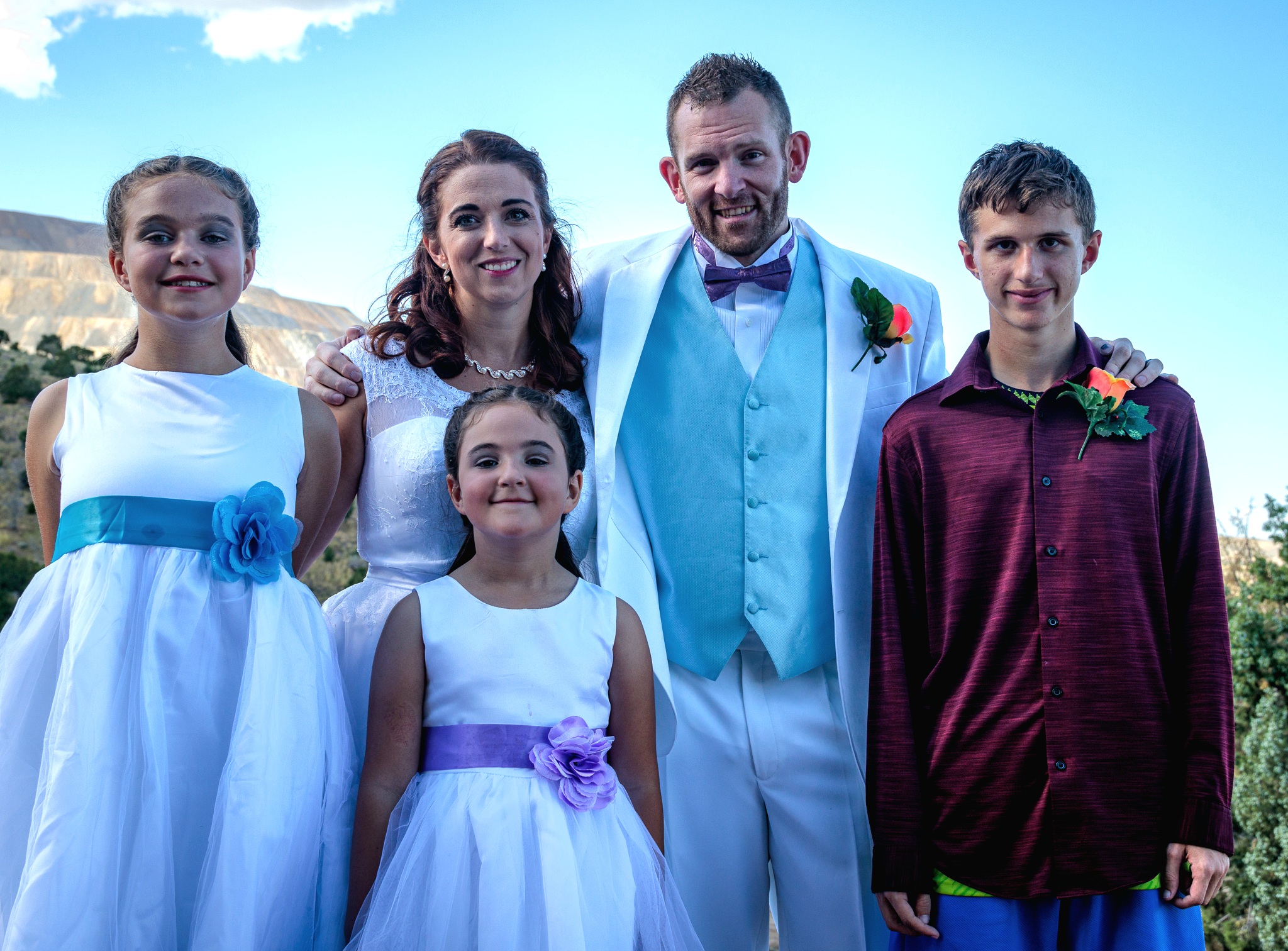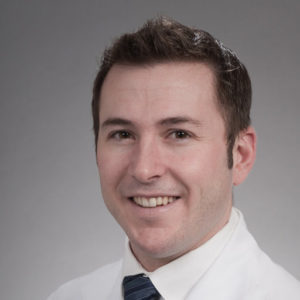
Amanda hopes her cancer journey is a positive example for her kids
April 22, 2024
This is a guest post by Amanda Reitz, a mother of three children who were 13, 9, and 5 years…
Read More
Since 2006, the Kidney Cancer Association has supported an annual Young Investigator Award (YIA) through the Conquer Cancer Foundation of the American Society of Clinical Oncology(ASCO). The YIA supported by Kidney Cancer Association provides funding to promising doctors to pursue careers in kidney cancer research.
This year, the Kidney Cancer Association supported two awards – a YIA and an ASCO Annual Meeting Merit Award – through the Conquer Cancer Foundation. The 2018 Conquer Cancer Foundation of ASCO/Kidney Cancer Association YIA recipient, Liam C. Macleod, M.D., M.P.H., is currently completing his second year of fellowship training at the University of Pittsburgh and received $50,000 from the Kidney Cancer Association for his research on regionalization and how it affects patients. Regionalization is when specialized doctors, procedures, testing facilities and clinical trials tend to be concentrated at regional academic medical centers. This, in turn, causes the patients to receive care far from home, increases out-of-pocket costs for patients and their families and it can result in miscommunication between local and regional medical providers, thus creating poor treatment results.
“Where patients get treated can have a dramatic effect on their outcomes,” Dr. Macleod says. “Our study is basically looking at the population level using Medicare which is representative across the United States.”
Dr. Macleod’s study will assess the quality of treatment kidney cancer patients receive for surgery and other stages of the disease across different centers all over the United States. The second part of his study will examine which factors make patients less likely to access a high-quality kidney cancer center, addressing disparities in access to the highest quality of kidney cancer care.
Dr. Macleod says he’s always had an interest in learning more about kidney cancer.
“I like that kidney cancer is a multi-disciplinary illness. Back in medical school, one of the things that drew me to oncology was settings like tumor board where specialists across different specialties of medicine are working together to figure out the best treatment for complicated patients,
” he explains.
As a researcher, he considers mentorship and sharing findings with patients one of the most rewarding aspects about his job. Through his research, Dr. Macleod hopes he can improve local and regional treatment options for those who are undergoing treatment for kidney cancer.
“Urology and urologic oncology is what I felt called to do. I’m a very serious person, so policy relevance issues related to the day-to-day work I’m doing helps put it in the bigger picture and gives more context to what I’m doing. When doing rounds at the hospital and running from task to task, you don’t get a lot of time to think about those things, so being able to put it into context and feeling like you’re able to push the field forward and helping things improve at a systems level is a really big motivator,” Dr. Macleod says. “(The award) is a huge opportunity. I’m so grateful for it. In terms of what the award means for my career, I think it will open doors at academic medical centers who are hiring, and help move things forward in my pursuit of a career as a urologic cancer surgeon and health policy researcher.”